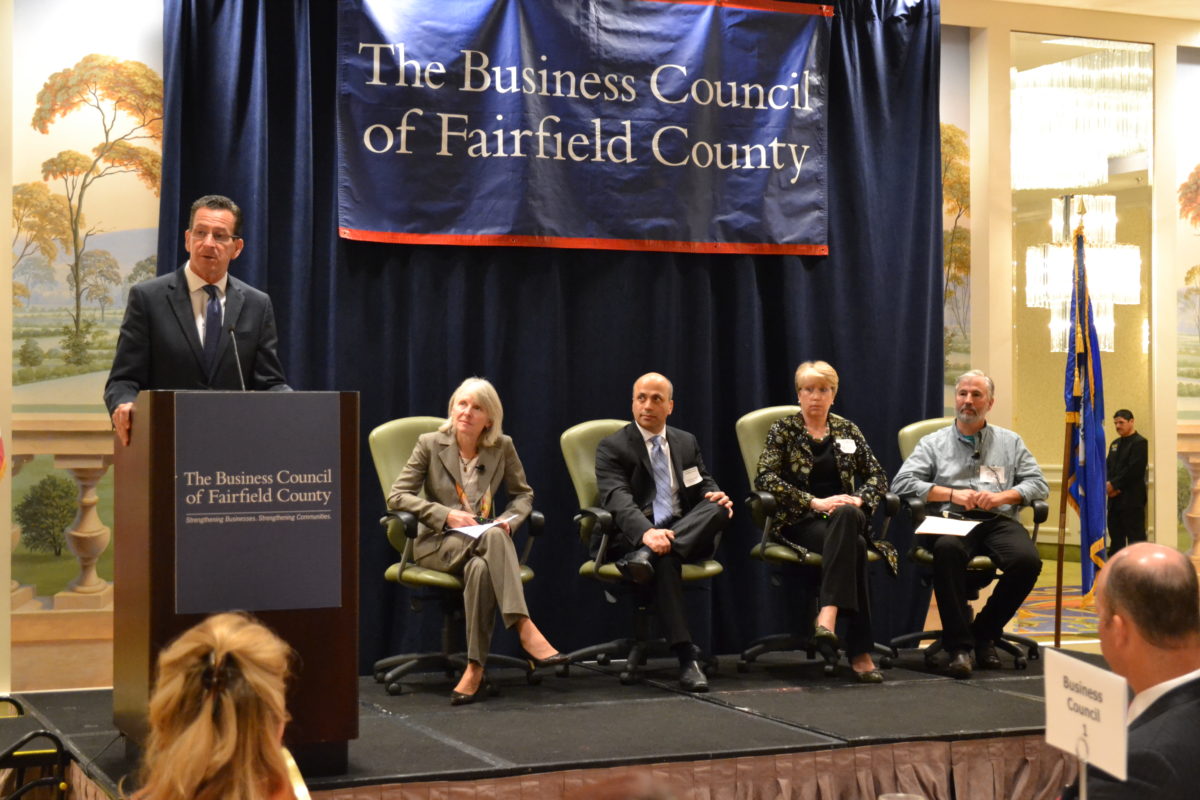At the start of the federal government shutdown this month, the president of the New York State Bar Association and leaders of the bar in six other states urged their congressional delegations to end sequestration cuts imposed this year that “imperil” the federal courts.
Rochester attorney David M. Schraver, president of the New York bar, joined bar association presidents in New Jersey, Illinois, Ohio, New York, Wisconsin, Nevada and Florida in a letter addressed to members of Congress from their respective states. They warned that staffing cuts have slowed processing of civil and bankruptcy cases in some courts, “causing individuals, small businesses and corporations not to have their disputes and matters heard in a timely manner.”
They called continued funding cuts to federal defender services “most troubling” because it directly affects a defendant”™s constitutional right to effective assistance of counsel and a speedy trial.
The bar leaders also noted the greater threat to public safety posed by cuts and reductions for court security, drug testing, substance use disorder and mental health treatment programs as well as parole and probation services. “The failure to fund these programs and services places our judiciary and the public at risk and puts justice in jeopardy,” the lawyers wrote.
The letter included testimony last July before a U.S. Senate subcommittee by Julia S. Gibbons, U.S. Sixth District Court of Appeals judge from Tennessee. She told senators the sequestration cuts that took effect March 1 have had a “devastating impact” on federal court operations nationwide.
Gibbons said the 5 percent across-the-board cut resulted in a nearly $350 million reduction in judiciary funding. Though judicial leaders implemented emergency measures for the 2013 fiscal year, “Many of these measures have been painful and difficult to implement and reflect one-time reductions that cannot be repeated if future funding levels remain flat or decline.”
She said the current staffing level of 20,100 personnel in the federal courts “is the lowest since 1999 despite significant workload growth since that time.”
“The judiciary cannot continue to operate at such drastically reduced funding levels without seriously compromising the constitutional mission of the federal courts,” Gibbons warned senators.
The Court of Appeals judge noted the judiciary requested an emergency supplemental appropriation of $72.9 million in the 2013 fiscal year to meet critical needs in the wake of the sequestration cut. But she told the Senate subcommittee she is not optimistic that funding for courts will be restored in the 2014 fiscal year that began Oct. 1, given “the sharp disagreement” between the White House and Senate and the House of Representatives.
“We find ourselves in the midst of a funding crisis, yet we are caught in a disagreement between the other two branches,” Gibbons testified.
The seven state bar associations represented in the appeal to Congress together have more than 286,500 members.





















